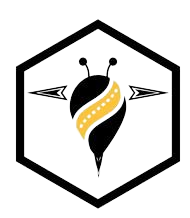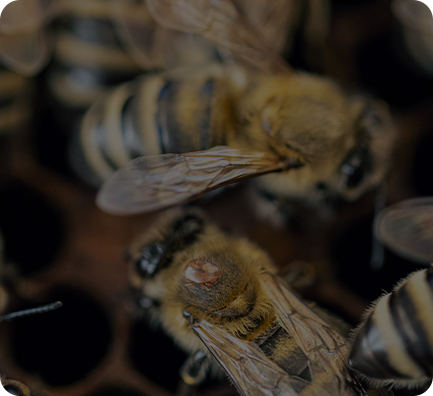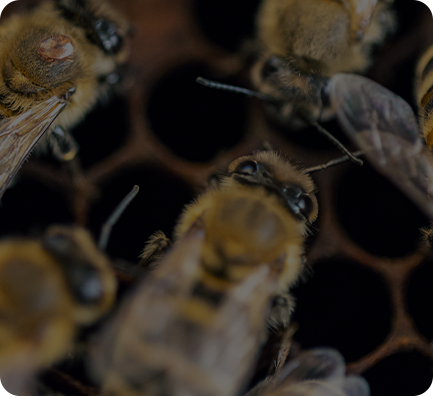A BEE ON THE WALL: TRANSPORTING HONEY BEE COLONIES TO CALIFORNIA FOR ALMOND POLLINATION
Category: Uncategorised
Written by Grace Kunkel and Sharah Yaddaw, Project Apis m. team members Moving bees across the country on trucks is something that has to happen in order for pollination of many commercial crops and to maintain our food supply. It’s a big undertaking. I knew the theory behind it and had heard stories and seen research about queen losses, temperature control, and drivers not being able to stop during daytime hours, but I wanted to experience this
Requirements for Transit of Honey Bees
Category: Uncategorised
The regulations covering the importation of honey bees and other pollinator bees into the contiguous United States were revised. The new regulations went into effect 22 November 2004 (7 CFR 322). The Following General Restrictions Apply to the Transit of Live Honey Bees, Bee Byproducts, and Bee Equipment Whole colonies in hive bodies cannot transit from any country; only queen bees with attendants and package bees are authorized. Used beekeeping equipment cannot transit. Beeswax for
Bees Travel Cross Country For The California Almond Harvest
Category: Uncategorised
https://www.npr.org/2017/03/09/519500033 /bees-travel-cross-country-for-the-california- almond-harvest MARCH 9, 20174:34 PM ET HEARD ON ALL THINGS CONSIDERED By Robert Smith Each year, millions upon millions of honey bees go on a cross country road trip to make the California almond harvest possible. That semi truck next to you on the highway may be carrying something unexpected – honeybees. Billions of them go on road trips this time of year rented by farmers who need the bees to pollinate their crops.


